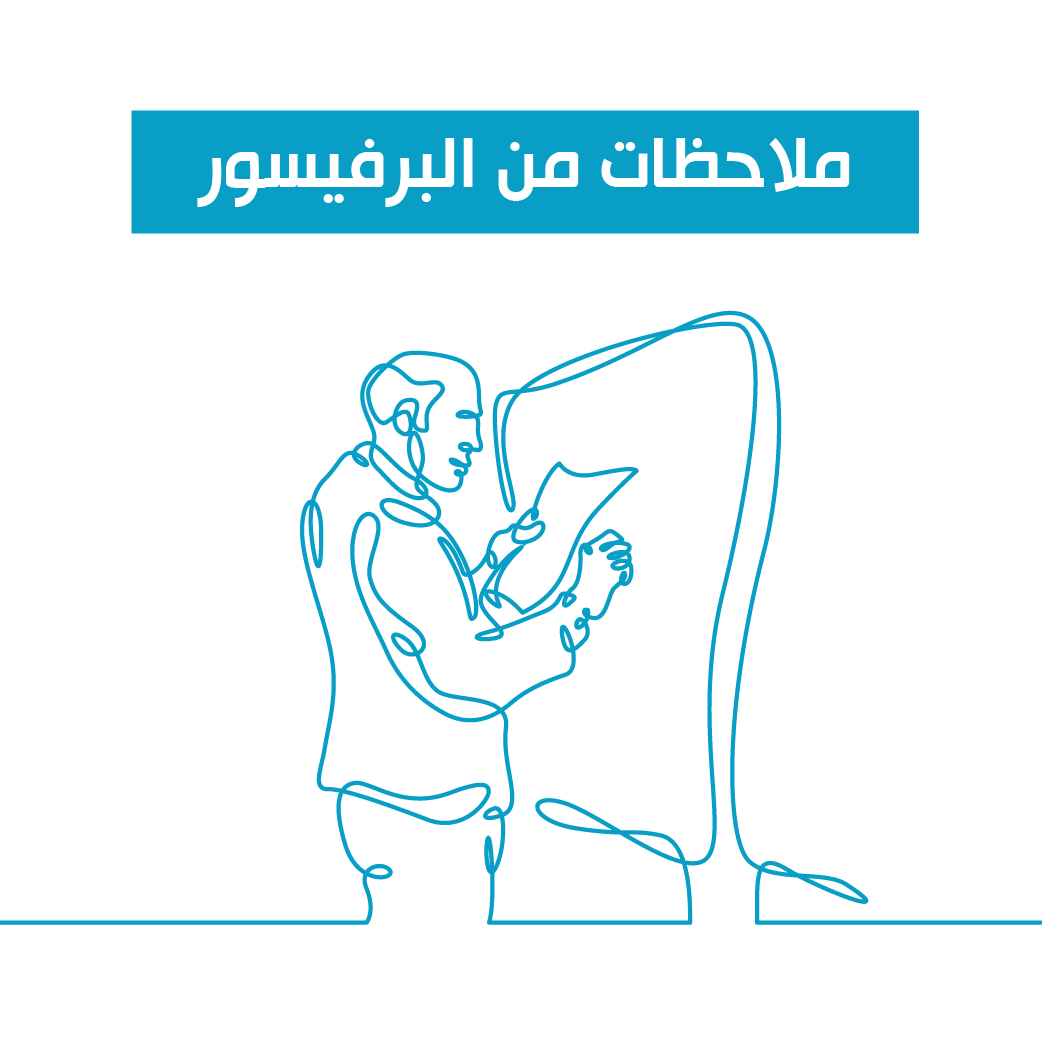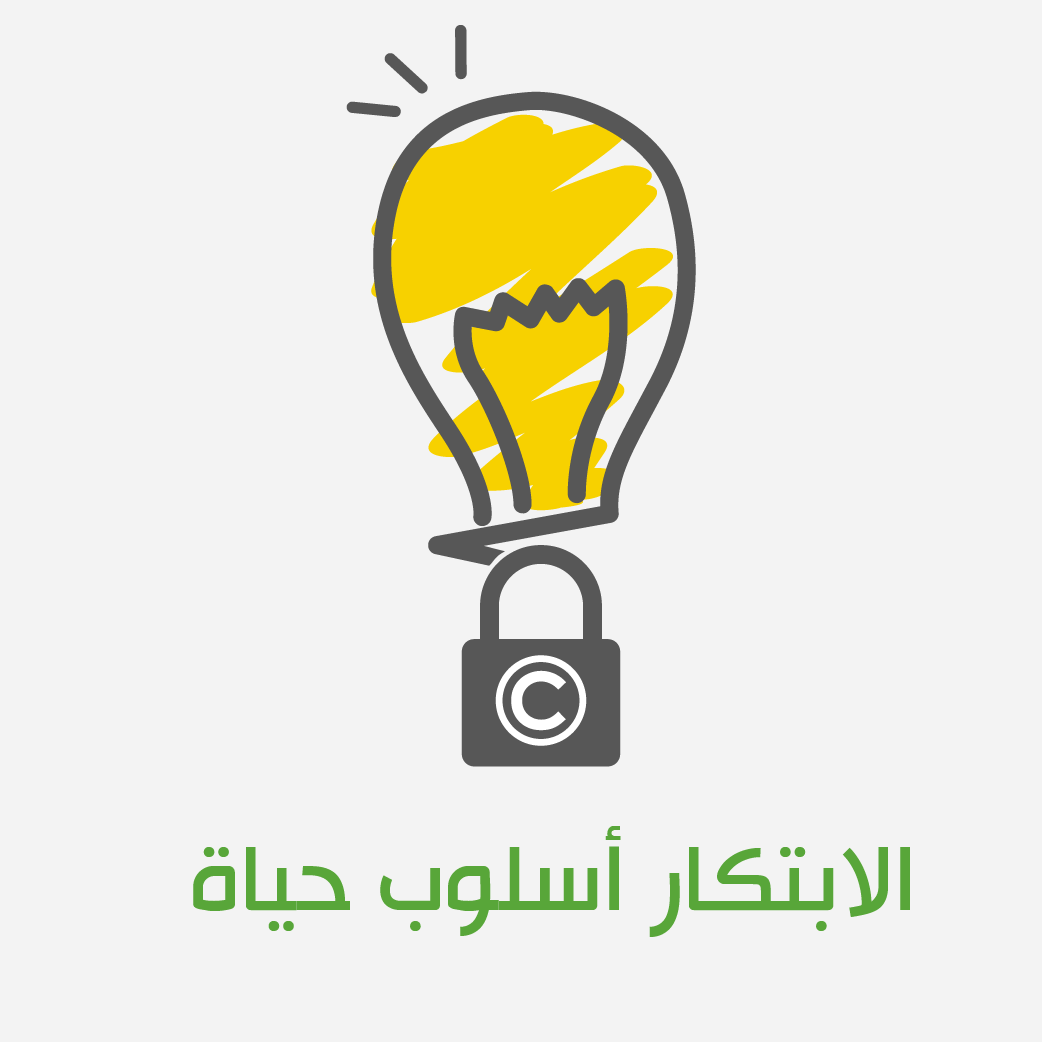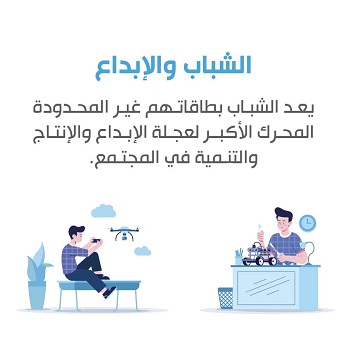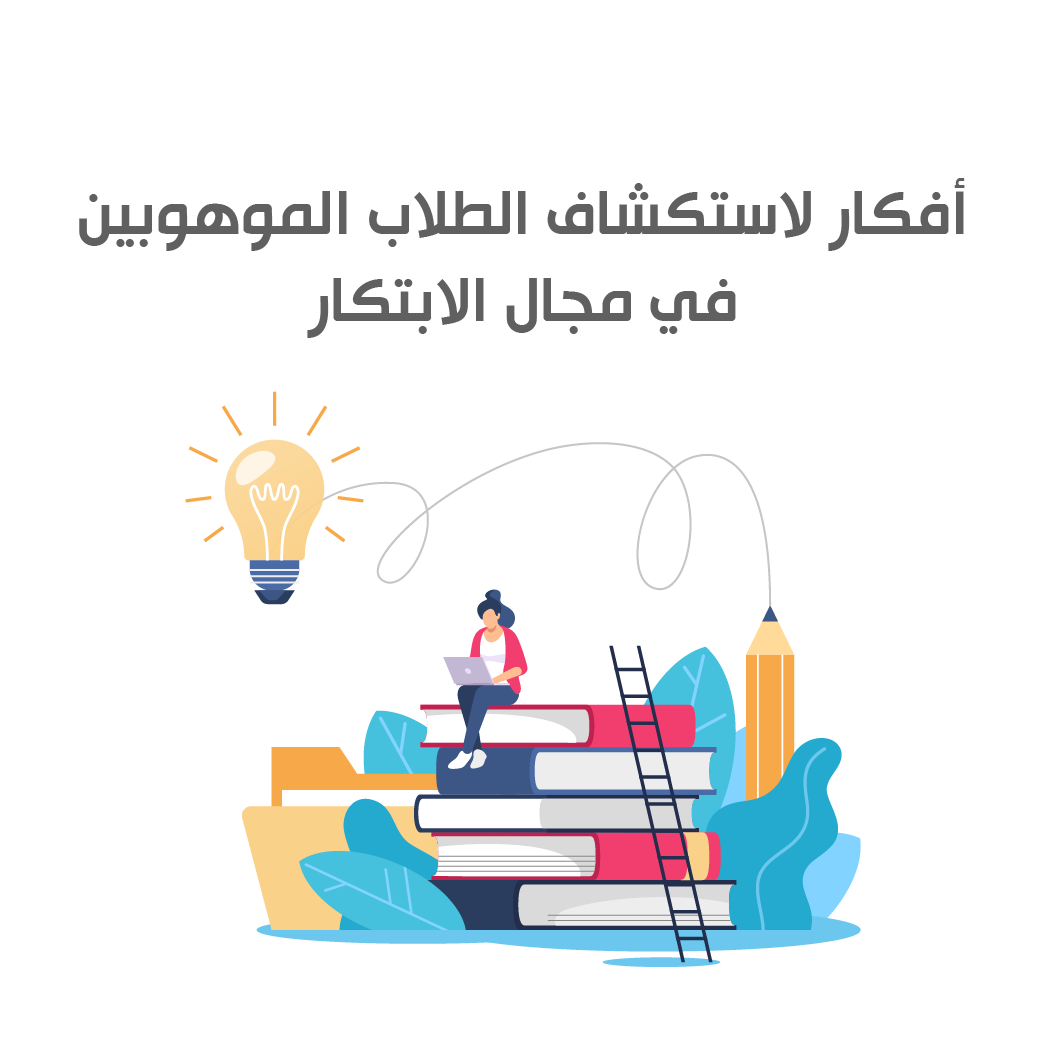Notes from the professor

Dr. Stephen L. Jacobs
Innovation
28
Q&A for learning and working in the world of science, technology, engineering, and mathematics (STEM)
Dear Professor
As a student, I was looking at the curricula and study plans of different universities and it seemed that they required a great deal of additional study in areas outside of science and engineering. It seemed to me that we had already prepared ourselves in those areas, enough to get us into a prestigious university. Why then, do they include so many course requirements in non-STEM studies?
my regards.
Dear STEM Student
- I totally understand you! My first college degree was in chemistry. I expected that in my college days I would spend a lot of time in a lab full of chemicals and glassware and dream of wonderful experiments yielding exciting results.
Unfortunately, I spent less time in the lab than expected. Oh, yes, I did work there a bit, but I spent more time reading in English literature and history classes. Why did they require me to take public speaking classes? How often would a chemist give a speech? Or recite poems?! Or do art projects?! Or even have discussions about the environment and the economy?
Of the 132 semester hours required to complete a bachelor's degree, only 48 were chemistry lectures, just over a third! Two-thirds of my chemistry degree was in non-chemistry?
I will take that into consideration.
I often have the opportunity to be a grant reader. Scientists and engineers can spend a significant portion of their time preparing papers to obtain funding for their research and related work. Along with others on the committee, I was tasked with reading the grant proposal and making a judgment about its worthiness for funding.
I would like to share with you some of the refereeing notes we used:
Success criteria: Should the project be funded?
The scientific argument for funding should include the following:
· Brief scientific evidence cited from each step of the proposed research.
· A very clear relationship between each step and the governing dynamic question and/or guiding question.
· Clear and sufficient supporting information for each step of the research.
· Clear information, with verification of the applicant’s scientific capabilities.
· Accurate pictures, drawings and graphs sufficient to explain the process and results.
· A short and concise summary of the project objectives and outcomes.
The above is just a first round checklist used to separate proposals into “funded” and “non-funded” piles. Of course, we go into more detail later in the evaluation process.
Let me walk you through our list of criteria again, highlighting certain words:
- Brief scientific evidence quoted from each step of the proposed research.
- A very clear relationship between each step and the governing dynamic question and/or guiding question.
- Clear and sufficient supporting information for each step of the research.
- Clear information, with verification of the applicant’s scientific capabilities.
- Accurate pictures, drawings and graphs sufficient to explain the process and results.
- A short and concise summary of the project's objectives and outcomes.
Isn't it amazing that most of our first round of judging is based on communication skills, language proficiency, graphics, art, and even the ability to tell a good story?
Of course, to succeed in a STEM career, you must master your field of study. Just as importantly, you must integrate your thinking skills and experience with many other academic pursuits.
I think the main reason you need so many non-STEM classes to get a STEM degree is that scientists and engineers rarely work alone. They usually work in teams and work with other groups of people in business and government. STEM research and innovation is a team effort. You need to have the skills to interact with your teammates.
I'll put this idea to you.
Which do you think is more important, knowing how to cook? Or knowing how to run a restaurant? Both are indispensable. Organic chemistry and public speaking were very important to me. This thesis was written and delivered by a chemist, who also plays the piano, is an excellent writer, loves storytelling, and loves cooking but can't run a restaurant.
Did you benefit from the information provided on this page?
visitors liked this page



